Doxin
✅ Relieves Depression Symptoms
✅ Manages Anxiety Disorders
✅ Improves Sleep Quality
✅ Oral Administration
✅ Prescribed by Psychiatrists
Doxin contains Doxepine.
Product Overview
Doxin is a pharmaceutical preparation containing Doxepine as its active component. As a tricyclic antidepressant (TCA), it is clinically indicated for the management of depressive disorders, anxiety conditions, and sleep disturbances. The therapeutic action involves modulation of neurotransmitter levels, particularly serotonin and norepinephrine, which play crucial roles in mood regulation and sleep patterns. The medication is formulated as oral capsules or tablets with multiple dosage options available.
Therapeutic Applications
This medication is principally prescribed for major depressive disorder (MDD) and various anxiety spectrum disorders, encompassing panic disorder and generalized anxiety disorder (GAD). Additionally, it is frequently utilized off-label for insomnia management, especially when sleep disturbances are associated with depressive symptoms. Doxin effectively addresses core symptoms including persistent low mood, anhedonia, excessive worry, and psychomotor agitation through its neuromodulatory effects.
Administration Guidelines
Doxin should be administered orally in strict accordance with medical supervision. Dosage regimens are individualized based on clinical presentation and therapeutic response. For optimal tolerability, single daily dosing at bedtime is recommended to mitigate potential daytime sedation. The capsules/tablets must be ingested intact with adequate water, without crushing or chewing. Patients should be advised that clinical benefits may require several weeks of consistent therapy, necessitating continued use despite early symptom improvement.
Mechanism of Action
As a tricyclic antidepressant, Doxin exerts its pharmacologic effects primarily through inhibition of presynaptic reuptake mechanisms for serotonin and norepinephrine. This action potentiates neurotransmission by increasing synaptic availability of these monoamines, thereby normalizing dysregulated mood states and sleep architecture. The resultant neuromodulation underlies its efficacy in affective disorders and sleep disturbances.
Dosage Protocol
Therapeutic dosing is individualized, with initial titration from lower doses (typically 25-50 mg nocte) to minimize adverse effects. Maximum daily dosage should not exceed 300 mg. Special population considerations include:
– Geriatric patients: Require dose reduction
– Hepatic/renal impairment: Necessitate dosage adjustment
Regular clinical monitoring is essential during dose escalation and maintenance phases.
Therapeutic Advantages
Clinical benefits of Doxin therapy include:
– Mood stabilization in depressive disorders
– Anxiolytic effects in anxiety spectrum conditions
– Sleep architecture normalization
– Favorable tolerability profile relative to other antidepressant classes
These effects collectively contribute to improved psychosocial functioning and quality of life.
Adverse Effects
Frequently observed adverse reactions include:
– Central nervous system: Somnolence, dizziness
– Anticholinergic effects: Xerostomia, blurred vision, constipation
– Metabolic: Weight gain
Most effects are transient and dose-dependent. Patients should report persistent or bothersome symptoms for clinical evaluation.
Important Precautions
Critical safety considerations include:
– Boxed warning for increased suicidality risk in pediatric and young adult populations
– Cardiovascular monitoring in patients with:
– Preexisting cardiac conditions
– Conduction abnormalities
– Caution in elderly patients due to increased sensitivity
Storage Requirements
Proper storage conditions:
– Temperature: 20°C-25°C (68°F-77°F)
– Protection from moisture and heat
– Original packaging retention
– Secure storage away from pediatric access
Proper disposal methods should be followed for expired or unused medication.
Medical Disclaimer
The provided information represents expert-reviewed, evidence-based data intended for educational purposes only. This content does not substitute professional medical advice, diagnosis, or treatment. Healthcare providers should be consulted for:
– Complete safety information
– Potential drug interactions
– Individualized treatment plans
This resource aims to complement, not replace, the essential physician-patient relationship. Always seek qualified medical guidance regarding health conditions and therapeutic options.
| Strength | 10 mg, 25 mg |
|---|---|
| Quantity | 30 Tablet/s, 60 Tablet/s, 90 Tablet/s, 180 Tablet/s |
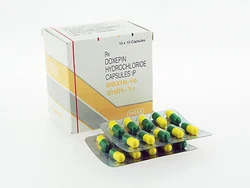 Doxin
Doxin









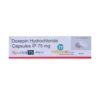

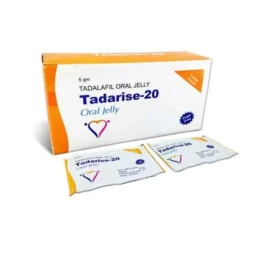
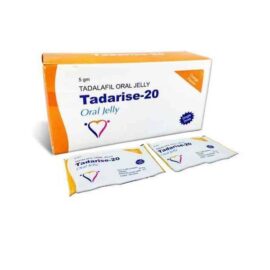
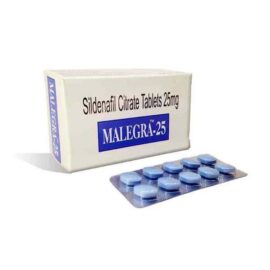
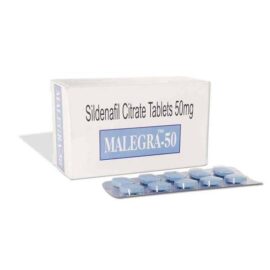


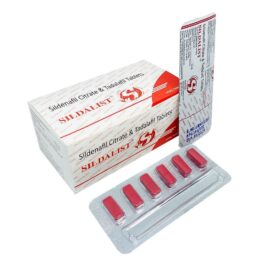
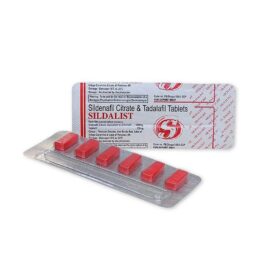


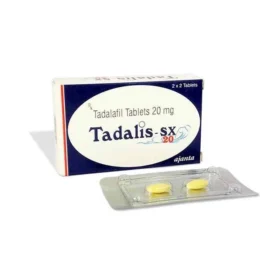
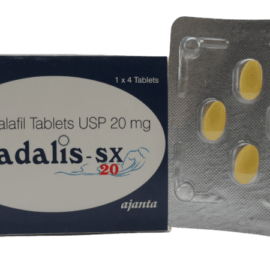
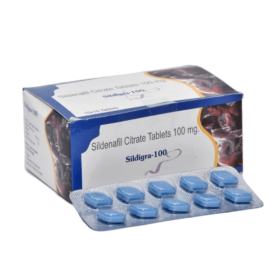
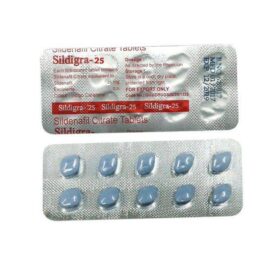
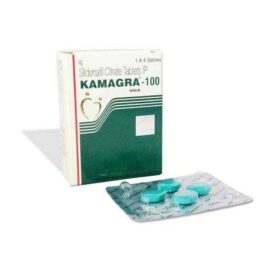
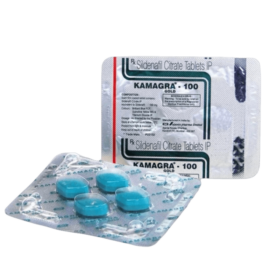
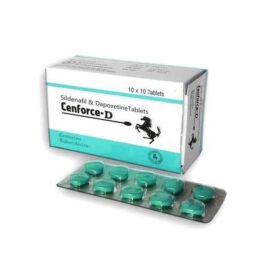
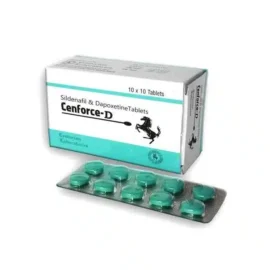
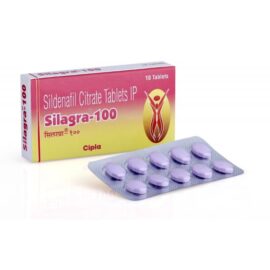
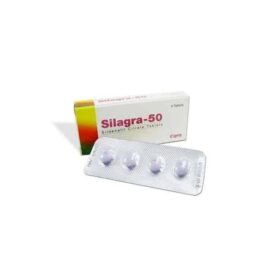
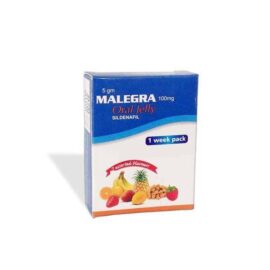
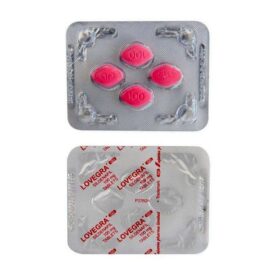
Reviews
There are no reviews yet